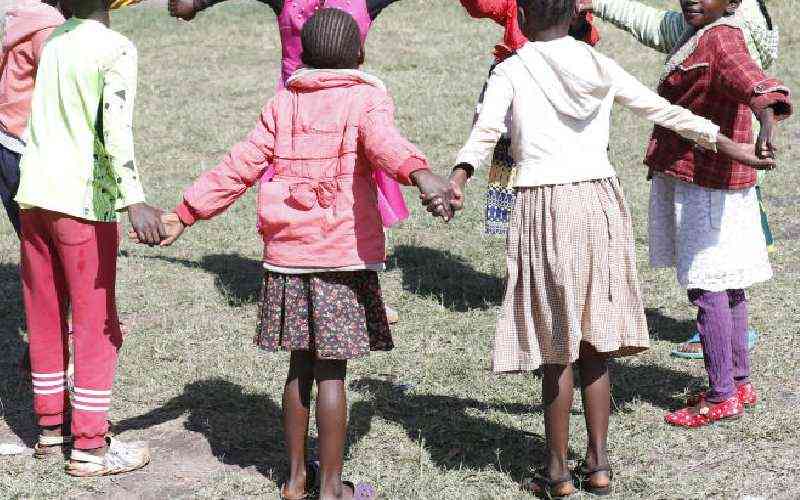
Globally, children have been ignored by statistics and neglected by policy action and so remain silent victims, suffering daily from violence, exploitation and abuse. Some cultures, including in in the East Africa Community (EAC), continue to encourage child marriages which limit children's potential. Children are married from as early as nine years old.
The EAC partners are signatories to the United Nations Convention on the Rights of the Child (UNCRC) and the African Committee of Experts on the Rights and Welfare of the Child (ACERWC). Article (1) of the of the UNCRC provides that everyone under 18 years of age has all the rights in this convention. Article (5) requires governments to respect the rights and responsibilities of families to guide their children so that as they grow up, they know their rights.